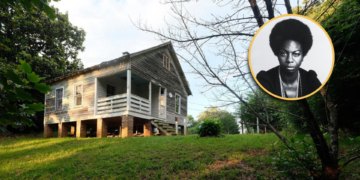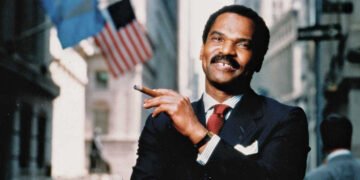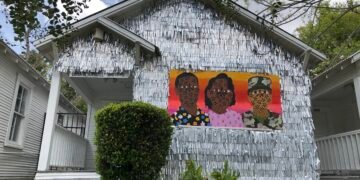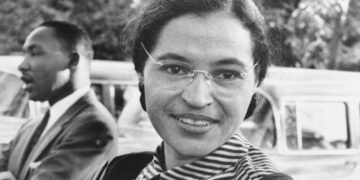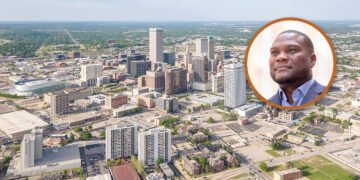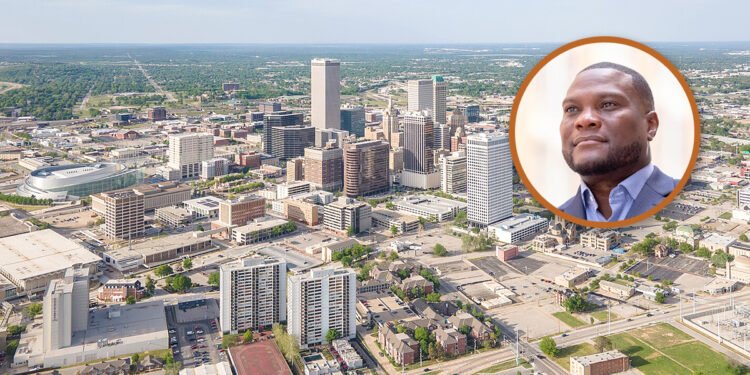The First Black Mayor of Tulsa Is Done Waiting
Tulsa, Oklahoma — the city once home to the legendary Black Wall Street — has elected its first Black mayor, and he’s not wasting time. Monroe Nichols, a state representative turned mayor-elect, is stepping into office with a clear message: justice delayed is no longer acceptable.
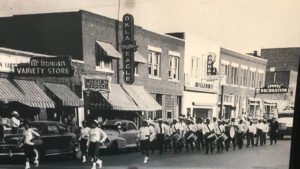
And he’s backing it up with bold action — including a $105 million reparations proposal aimed at compensating survivors and descendants of the 1921 Tulsa Race Massacre.
“We are not going to bury the past. We are going to repair it,” Nichols said after his historic primary victory.
In a city still haunted by one of the worst acts of racial terrorism in American history, Nichols is moving beyond symbolic gestures and proposing a tangible path forward.
What $105 Million Means for Greenwood
Nichols’ reparations plan isn’t just about writing checks — it’s about investing in justice. His $105 million proposal includes:
-
Direct cash payments to the last known living survivors of the massacre.
-
Business and housing support for their descendants, especially those tied to North Tulsa and Greenwood.
-
Restoration of land and property ownership that was unjustly stripped away.
-
Creation of a Reparations Trust Fund, managed by a community-led commission to ensure transparency and accountability.
This initiative would mark one of the largest city-led reparations efforts in the U.S. — and it’s being proposed in the very city where the wealth of a thriving Black community was burned to the ground by white mobs in 1921.
Nichols has called reparations “a moral debt,” not just to survivors, but to future generations of Black Tulsans.
“$105 million isn’t enough to undo the past,” he said. “But it’s a start — a serious, strategic start.”
A Different Kind of Southern Leader
Nichols’ campaign — and now, his administration — has drawn national attention for its clarity and courage. At just 40 years old, he represents a new generation of Southern leadership: young, unapologetically Black, and grounded in community-first values.
A longtime public servant in Oklahoma’s House of Representatives, Nichols authored legislation on education equity and police reform before turning his eyes to Tulsa’s top office. He won the mayoral primary with strong support from North Tulsa — but also drew backing from younger, multiracial voters ready to confront the city’s complicated legacy.
He’s made it clear: he’s not afraid to center Black justice in city politics.
“What happened in Greenwood wasn’t an accident. It was policy. And now, we need policy to fix it,” Nichols told The Black Wall Street Times.
Will Tulsa Finally Do Right by Greenwood?
The road ahead won’t be easy. Tulsa’s political landscape has historically resisted reparations, with city officials repeatedly denying responsibility for the massacre. But Nichols is promising to take the fight directly to the City Council — and to the people.
His plan includes town halls, public forums, and community oversight, ensuring that survivors’ voices are central, not sidelined.
Already, Nichols’ election has sparked new energy among local activists who’ve pushed for reparations for decades. For many, this is the first time in their lifetime that real progress feels possible.
“This is about economic repair, but it’s also about truth,” Nichols said. “Tulsa doesn’t move forward unless Greenwood does.”
Building What Was Stolen
Uptown Sunday was founded on the belief that justice and joy are both part of the Black future — and leaders like Monroe Nichols are helping build that reality.
His reparations proposal isn’t just a Tulsa story. It’s a national blueprint. It asks the hard questions: What does repair look like? What does accountability sound like in a city still standing on the ashes of stolen Black wealth?
🖤 We celebrate Mayor-elect Nichols not just for making history — but for making it matter. In a time when too many leaders run from racial truth, he’s running toward it, with policy, power, and purpose.
And to every city watching, take notes. Tulsa just raised the bar.


